Best Timing for Retaining Wall Construction
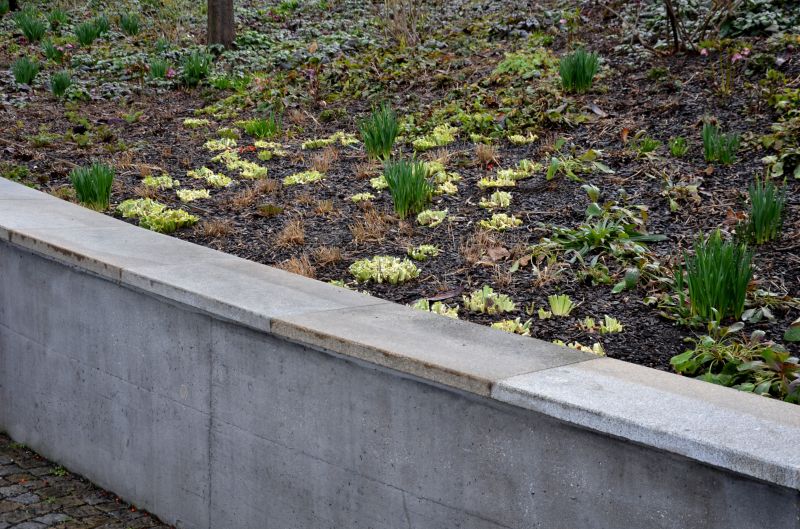
Spring offers moderate temperatures and stable ground conditions, making it suitable for construction projects.
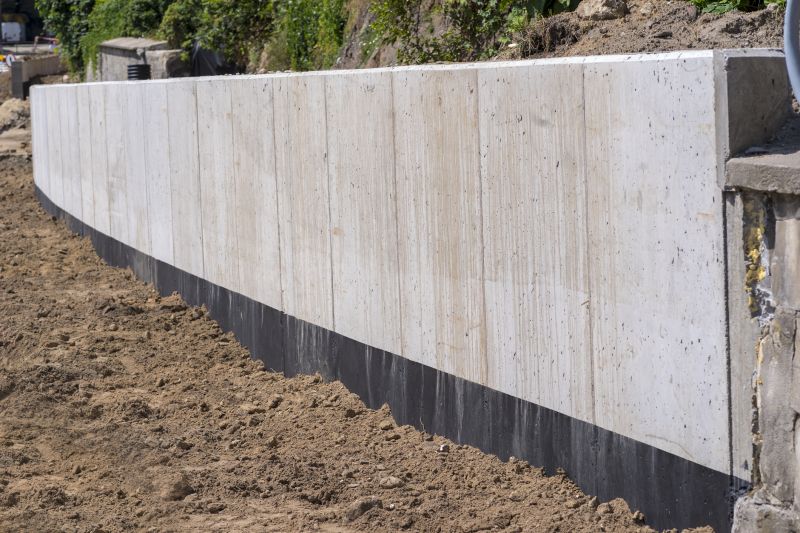
Summer provides longer daylight hours and warm weather, ideal for completing retaining wall projects efficiently.
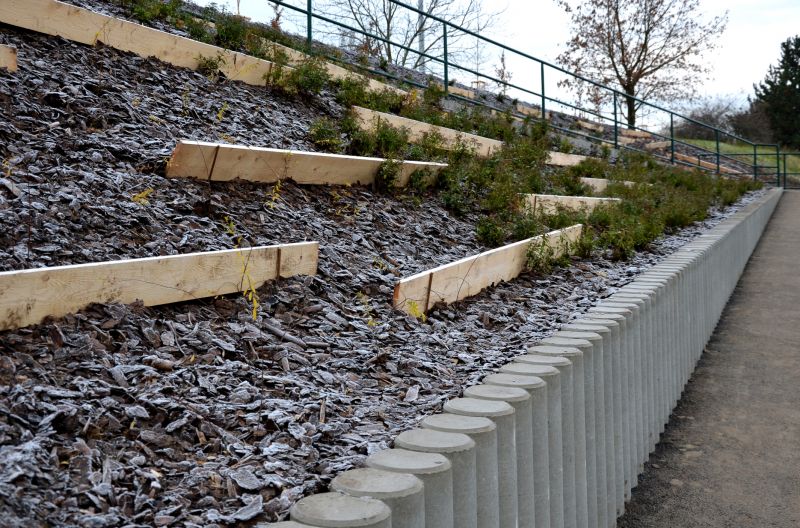
Fall allows for construction before winter, with cooler temperatures reducing the risk of heat-related issues.
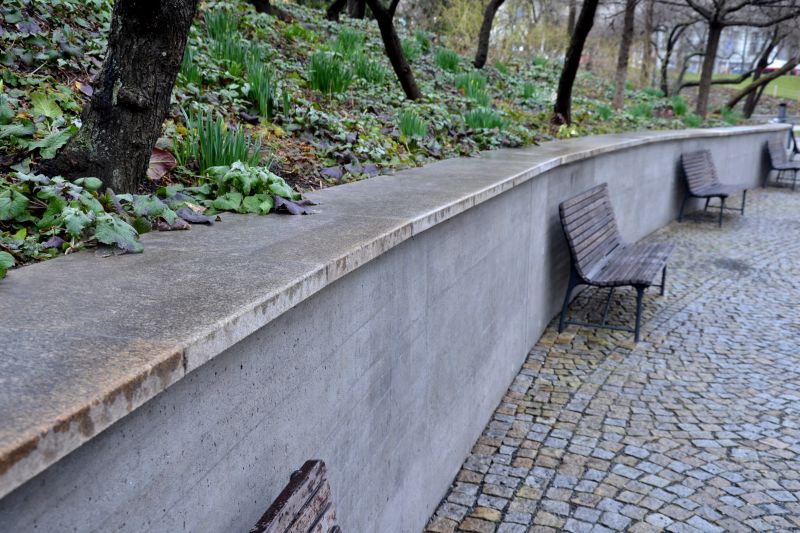
Ways to make Retaining Wall Constructions work in tight or awkward layouts.
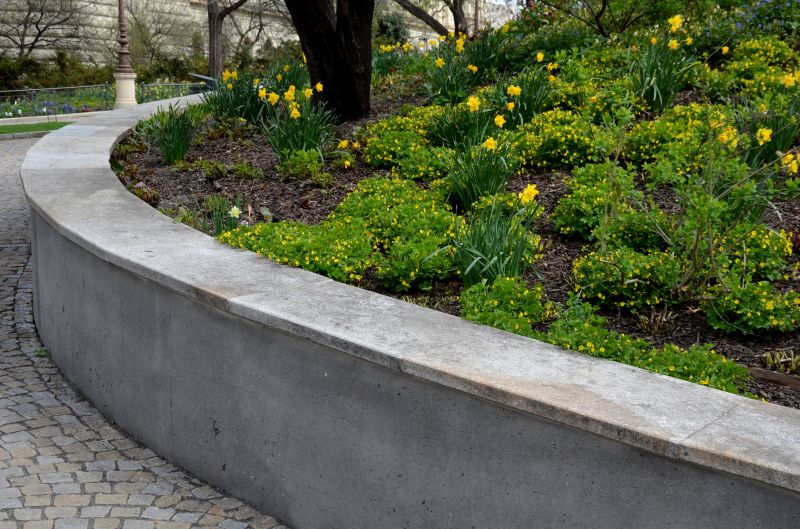
Popular materials for Retaining Wall Constructions and why they hold up over time.
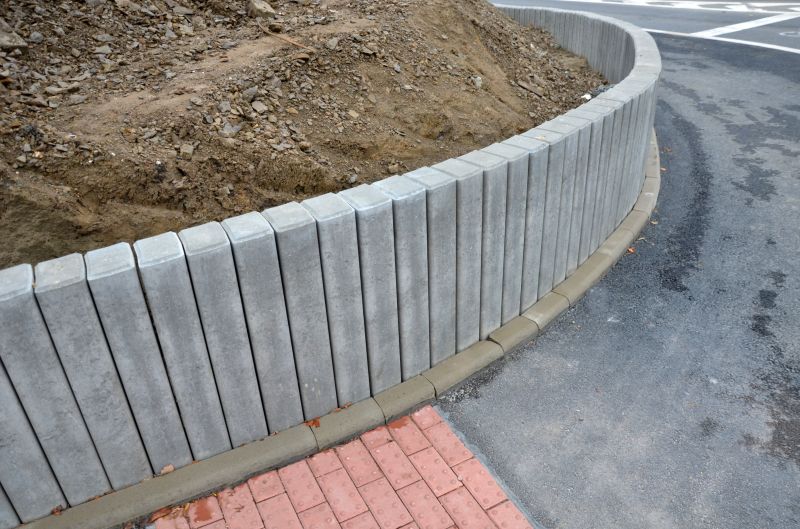
Simple add-ons that improve Retaining Wall Constructions without blowing the budget.
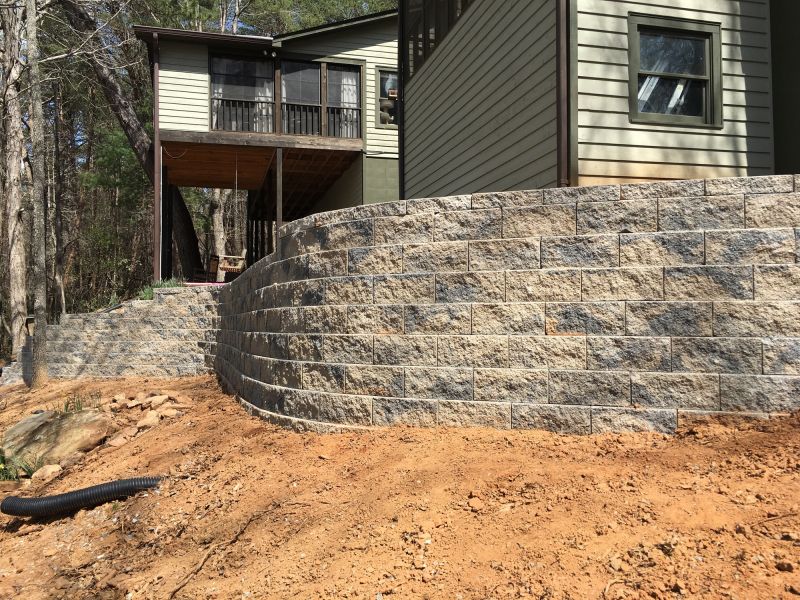
High-end options that actually feel worth it for Retaining Wall Constructions.
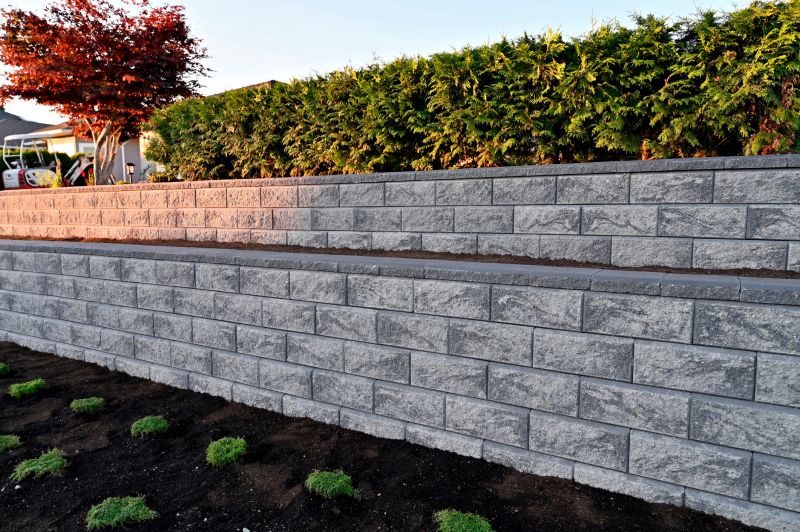
Finishes and colors that play nicely with Retaining Wall Constructions.
Retaining wall constructions are critical for managing soil erosion, creating level areas on sloped terrains, and enhancing landscape stability. Proper timing ensures optimal conditions for excavation, curing, and material placement. Seasonal considerations can affect the durability and longevity of the structures, with moderate weather providing the best environment for installation.
Dry, moderate temperatures reduce the risk of delays and material issues during construction.
Timing construction when soil is not overly saturated or frozen helps ensure stability and proper leveling.
Weather conditions impact the curing process of concrete and mortar, affecting the wall's strength.
Planning projects during seasons with predictable weather minimizes disruptions and accelerates completion.
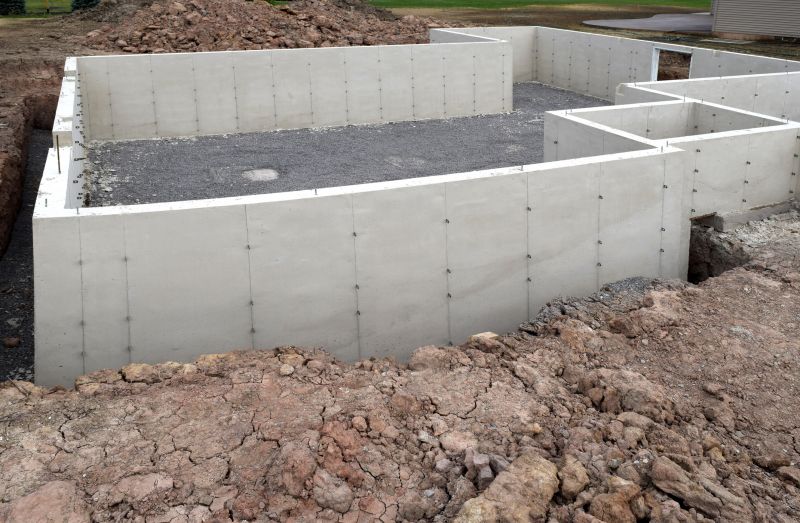
Spring provides optimal conditions for excavation and setting foundations.
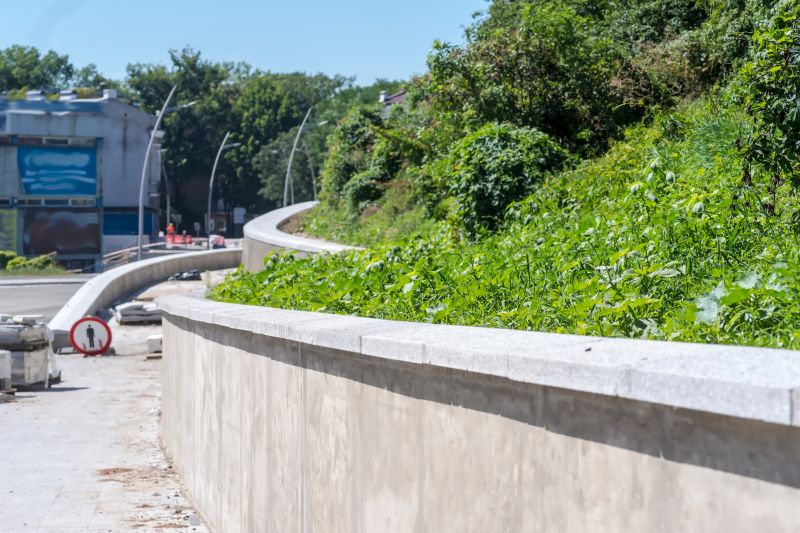
Summer allows for extended work hours and rapid curing.
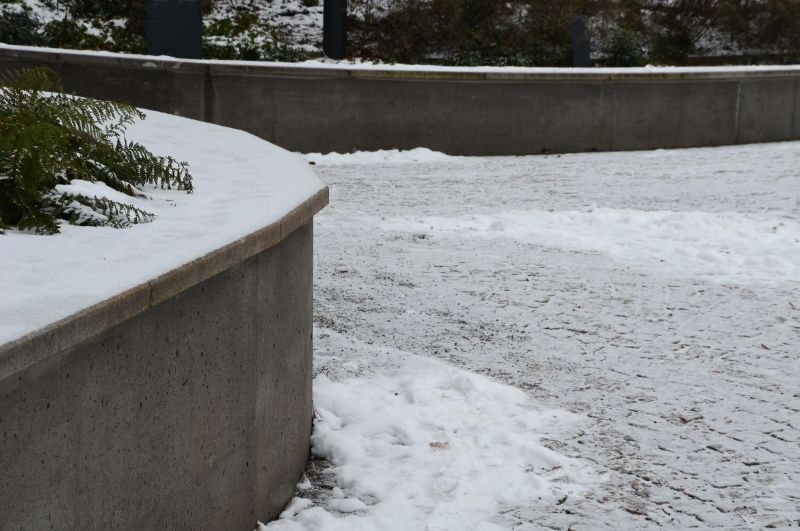
Fall is suitable for completing projects before winter's arrival.
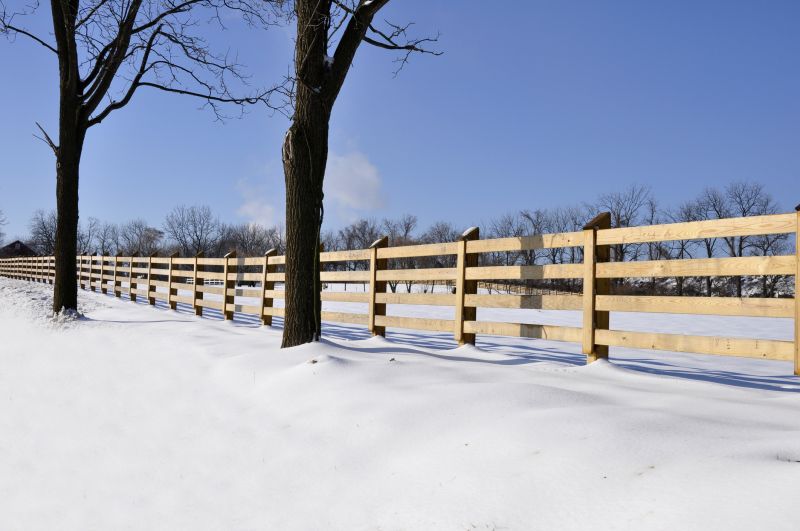
Winter poses challenges such as frozen ground and cold weather, which can delay construction.
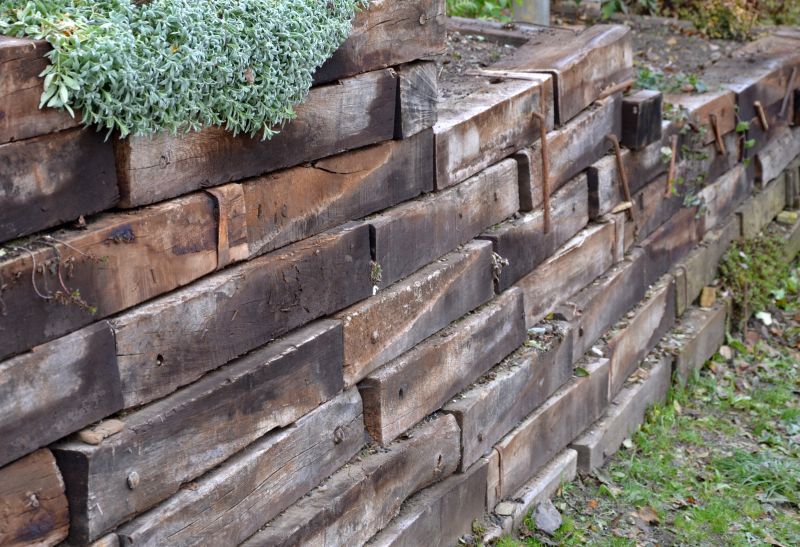
Little measurements that prevent headaches on Retaining Wall Constructions day.
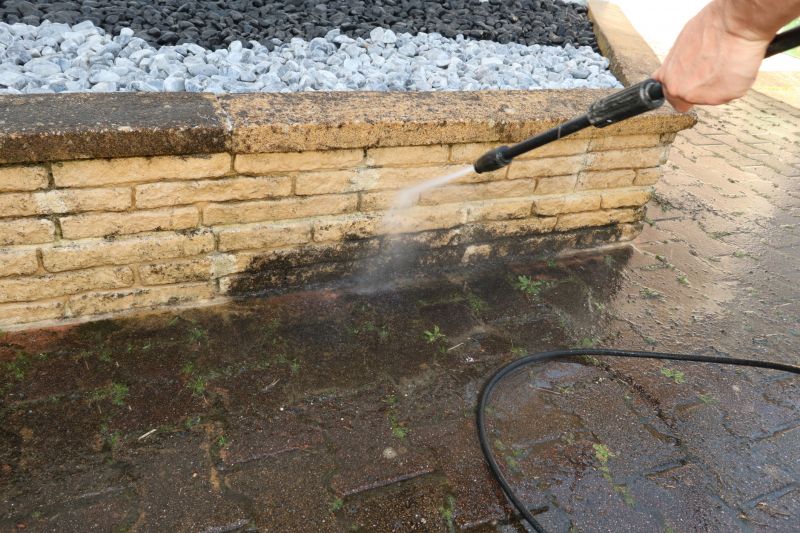
A 60-second routine that keeps Retaining Wall Constructions looking new.
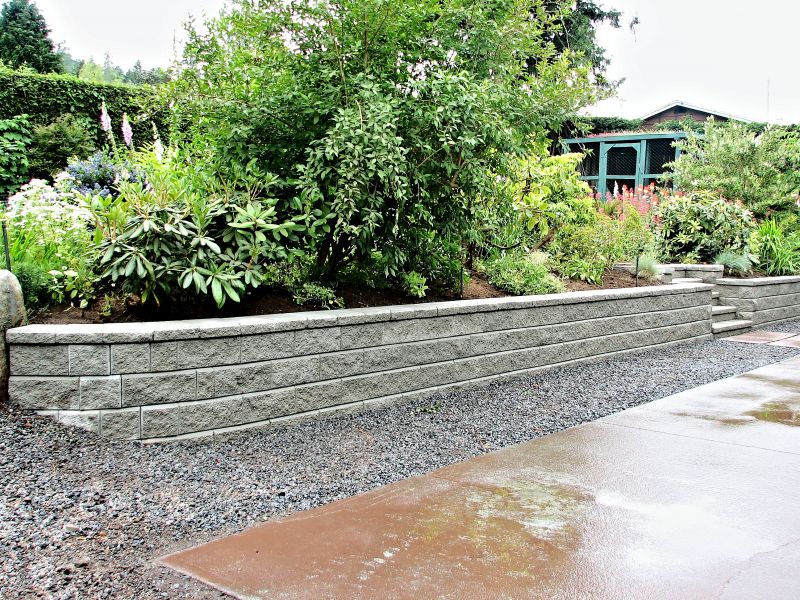
A frequent mistake in Retaining Wall Constructions and how to dodge it.
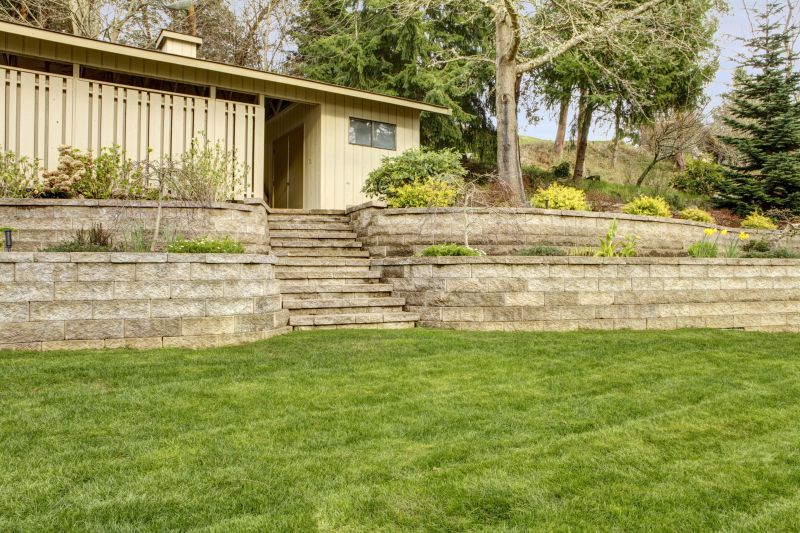
Small tweaks to make Retaining Wall Constructions safer and easier to use.
| Season | Ideal Conditions |
|---|---|
| Spring | Moderate temperatures, stable soil, good for excavation and setting foundations |
| Summer | Warm weather, long daylight hours, rapid curing |
| Fall | Cool temperatures, less rain, suitable for project completion |
| Winter | Cold, frozen ground, high risk of delays and material issues |
The timing of retaining wall construction plays a significant role in the stability and durability of the structure. Proper planning around seasonal weather patterns minimizes risks associated with soil instability, curing issues, and project delays. Selecting the appropriate season based on local climate conditions can contribute to the success and longevity of the retaining wall.
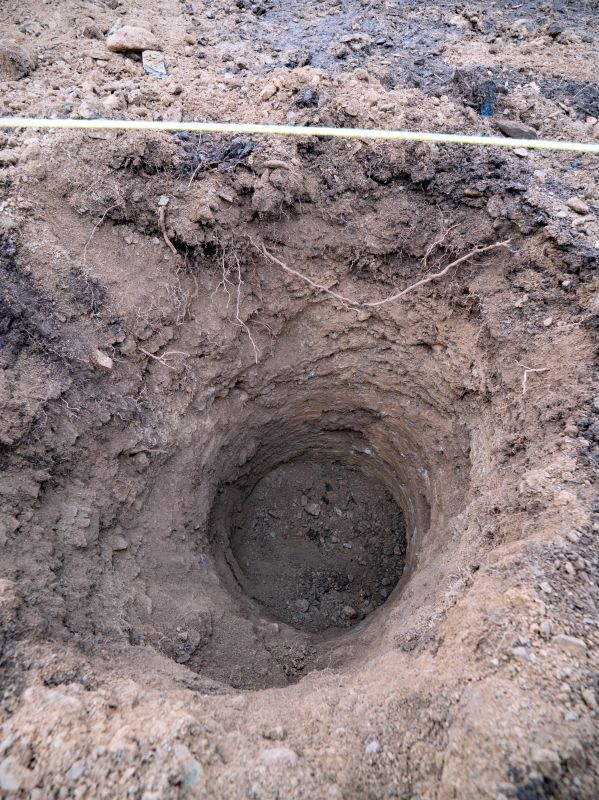
A well-prepared spring site with stable soil ready for construction.
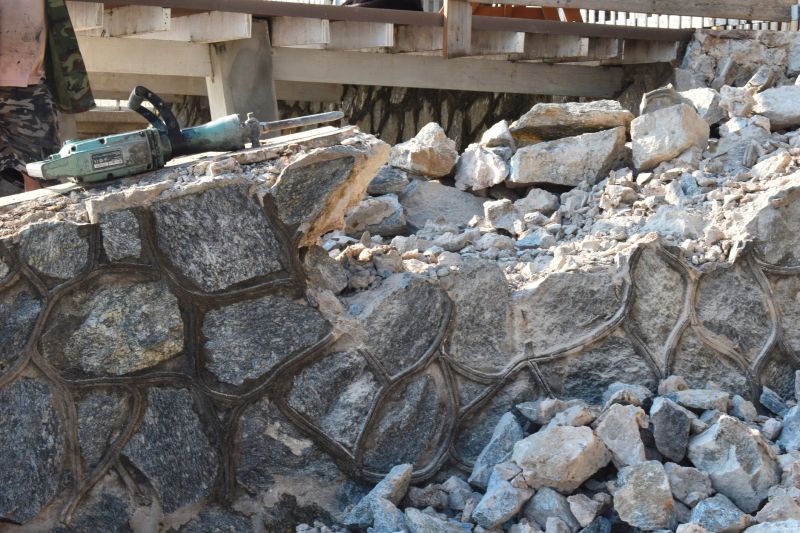
Active summer construction with completed sections and curing in progress.

Finished retaining wall before winter, with autumn foliage in the background.
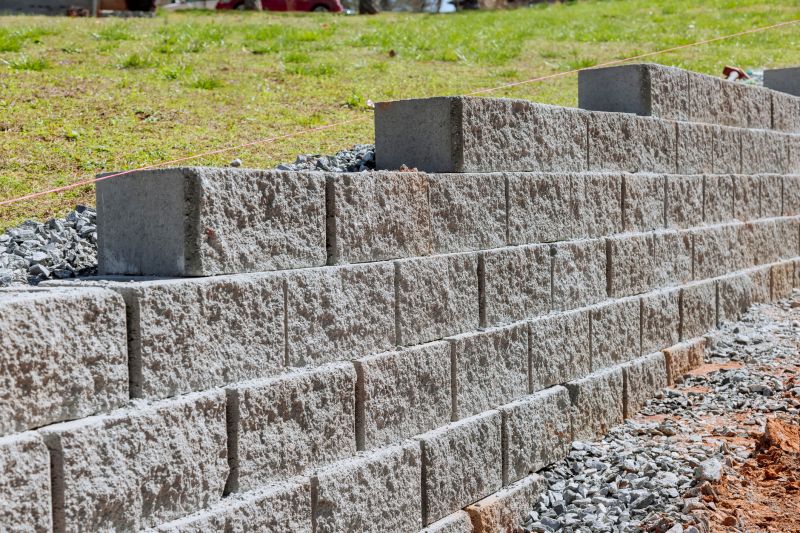
Frozen ground and snow can hinder progress and affect material performance.
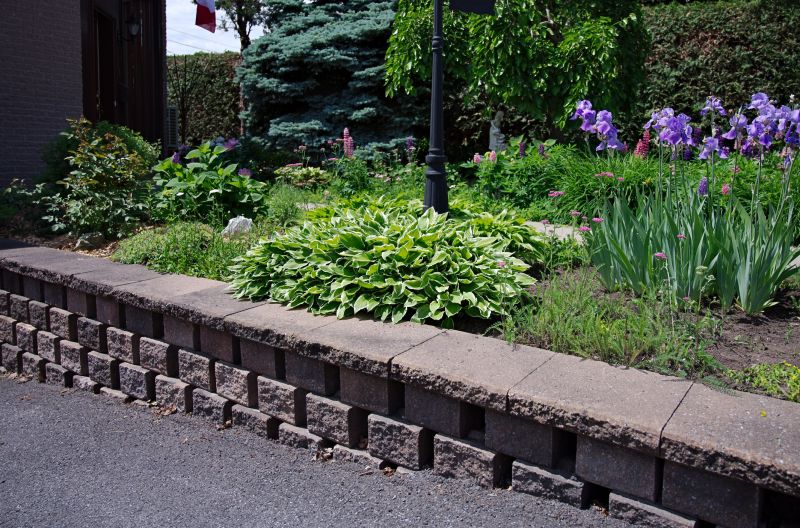
The short, realistic tool list for quality Retaining Wall Constructions.
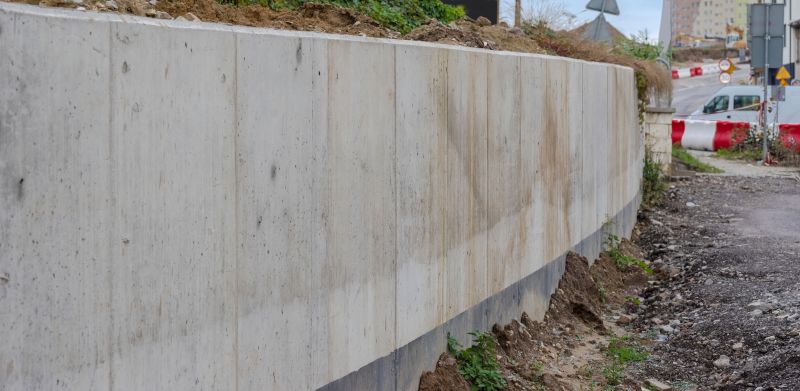
Rough timing from prep to clean-up for Retaining Wall Constructions.
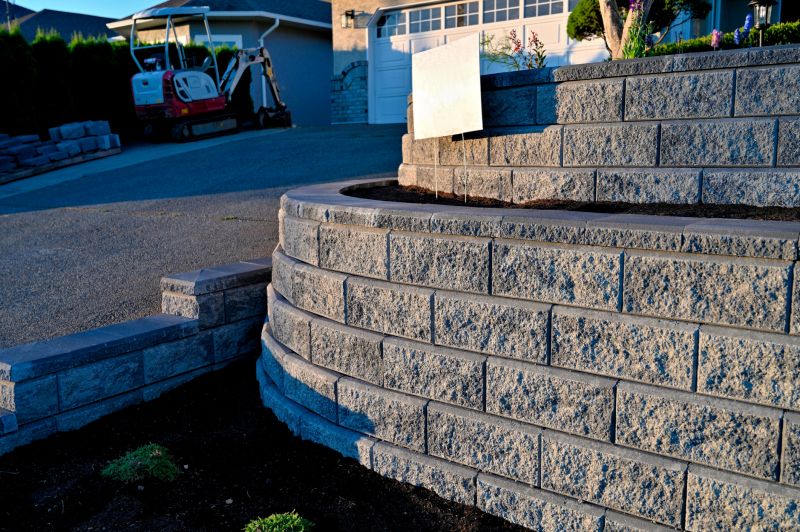
Quick checks and paperwork to keep after Retaining Wall Constructions.
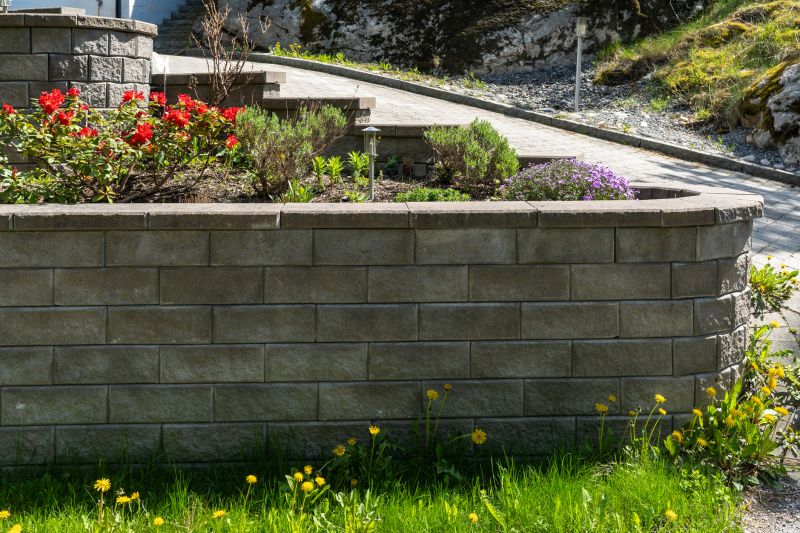
Examples that show the impact a good Retaining Wall Constructions can make.
Interested in retaining wall constructions? Filling out the contact form can provide further assistance and detailed information tailored to specific project needs.
